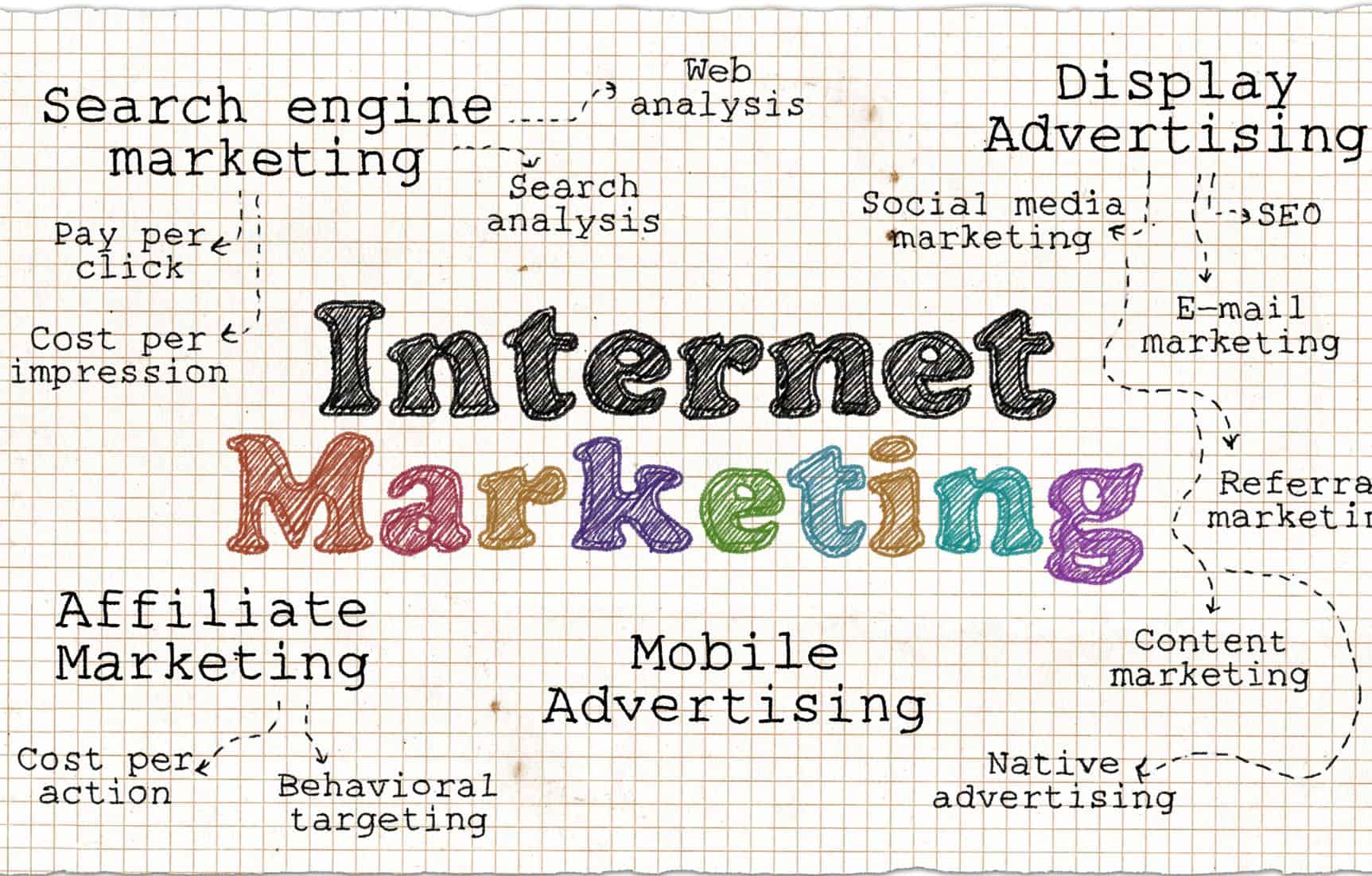You’d think phone conferences between Internet marketing firms and their clients wouldn’t be too big of a deal. Most often the parties discuss the latest marketing report and any news that the customer has that might affect the campaign. The digital marketing firm will bring the client up to date on deliverables and milestones, and that is pretty much it. But a lot more goes on during these conference calls, and savvy Internet marketing firms know how to bring value to these important meetings. How do they do it? The main focus is on communication.
Today many calls are performed as screen shares and increasingly as video chats. Great numbers of calls are still conducted as voice only, with parties on both sides referring to deliverables in doc form; and sometimes they refer to files shared via online project management systems. Experienced Internet marketing firms make the most of virtual meetings, and the best parts of the meeting – where the real value is delivered – have nothing to do with technology and everything to do with providing real human empathy and superior customer service.
There’s the Agenda
The best Internet advertising companies always come to meetings with an agenda. The digital agency often creates the agenda, and it is based on campaign updates and followup from the client’s requests and comments since the last meeting. In today’s business world an increasing number of meetings last just 30 minutes, so it’s important to have an agenda so participants can stay on task and address all the important points pertaining to campaign progress.
Then There’s What’s Not on the Agenda
This is the part where Internet marketing firms can really earn their keep and make an indelible impression with their clients. Very often during a meeting a client will bring up a pain point – something that has been bothering them that they need resolved. I have been on hundreds of calls where this has happened. Sometimes the issue is regarding a vendor they work with that isn’t delivering what was promised for the website. While I am not always able to step in to provide the service and satisfy the client (due to not having the expertise in the particular area), I can recommend other vendors that I know that offer exceptional service. I then reiterate to my client that I understand their frustration. Empathy – genuine caring about difficulty that the client is experiencing – is an important part of communication. Offering potential solutions can diffuse a hot button topic and allow the meeting to continue.
Another great illustration of being ready for what’s not on the agenda is when Internet marketing firms are flexible and can provide ways for clients to show what they mean. For example, if I’m running a Go To Meeting and the client needs to show me something, that is as easy as changing presenters and letting them take control of the screen. I have conducted research during calls to help clients learn new things, like the basics of running Twitter ads. I have also delivered demographic stats within moments when a client needed them for a blog post. The best Internet advertising companies are always on the lookout to provide added value like this.
Before All the Business Talk Gets Started
People usually remember the last thing they hear or read – and what I say here may be more useful than any of the other recommendations in this post. At the very beginning of the call, ask how the client is, and be genuinely interested in their answer. Bring up a topic that may interest them; an important event in their area, a weather-related issue, or talk about if they enjoyed their weekend. Start each conversation with a moment or two of sincerity, and then smoothly segue into the business portion of the call. Especially when people meet virtually, it is vital that the human element not be overlooked…remember you cannot read a person’s body language over the phone, so it’s important to help set the tone, then listen attentively for verbal cues on how the client is doing and what interests them that day.
But What if You Are the Client?
This article would be woefully incomplete if we only looked at things from Internet marketing firms’ perspectives. If you are the client, you have at least a two-fold responsibility: one, you want to ensure the meeting covers all of the marketing information that interests you the most. Don’t be afraid to tell the digital agency that you want to skip over some of the other items; those can be talked about offline. Get the data you need to make decisions. Then two, spend the rest of the call brainstorming and getting as much additional value from your agency as you can. The best way you can get that added value is to help the agency – provide them with new product or service information; tell them when you will present at conferences; let them know about changes in your personnel – all of these things allow the agency to understand your challenges. And if not too much new is going on currently, ask your agency what you can do to make their jobs easier. Not too many clients ask this question and follow up. Your diligence can be the key to maintaining your campaign’s momentum.






 CERTIFIED EXPERT
CERTIFIED EXPERT